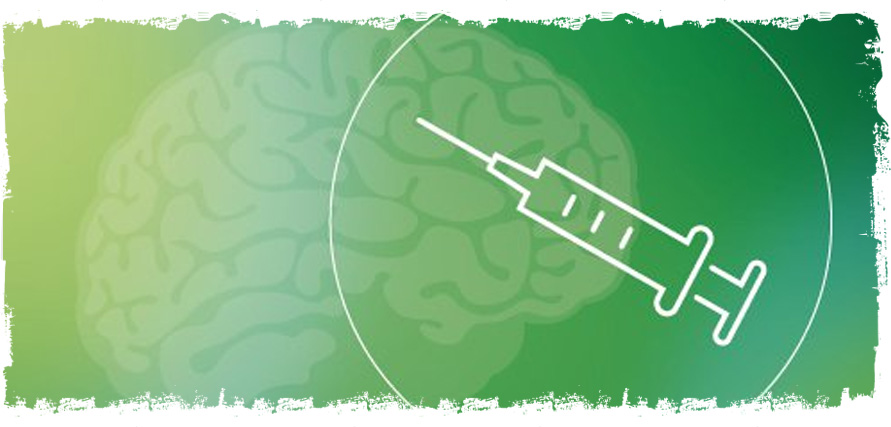Against a fading mind – KLH carrier for Alzheimer’s vaccine
The body lives and the mind wanes. In patients with Alzheimer’s disease, mental performance declines quite sharply over time. So far, there is no drug or therapy that can cure the disease. Medications can at best delay or somewhat alleviate the symptoms. So far, there is also no preventive vaccination.
However, scientists are working on vaccines against Alzheimer’s disease. Fellbach-based biosyn Arzneimittel GmbH is playing a key role in this work. The biotechnology company supplies the carrier KLH for a potential Alzheimer’s vaccine that is currently under development.
Positive results have been obtained in a Phase 2 study with a peptide vaccine, which give cause for hope but necessitate further studies. The results suggest that further neuronal damage in patients is prevented. The findings have now been published in Nature Aging. The potential vaccine is designed to prevent a buildup of a certain protein in the human brain. This disrupts communication in and between nerve cells. As a result, nerve cells and nerve cell connections die over many years. Affected are the regions in the brain that are responsible for memory, thinking, language and orientation.
What is the achievement of biosyn Arzneimittel GmbH in this? The biotechnology company supplies the carrier KLH for the potential Alzheimer’s vaccine that is currently being developed. A vaccination is understood to be a targeted stimulation of the immune system that elicits a specific immune response. In this process, antigens are administered to set the immune system in motion against the pathogen to be fought. Antigens are therefore substances that cause a defense reaction of the body. This results in the formation of antibodies, which are produced by immune cells against foreign antigens or antigens that are recognized as a threat. When antigen and antibody combine, a reaction occurs: the cell to be attacked is destroyed.
In the case of KLH, the advantage is that this carrier substance is per se an extremely strong antigen on whose surface weak antigens can be chemically coupled. The immune system then reacts both to the KLH and to the weak antigens, which gain significantly in antigenicity through KLH and thus become recognizable to the immune system. biosyn Arzneimttel GmbH manufactures the carrier in accordance with the recognized rules of Good Manufacturing Practice (GMP), which make it suitable for use in vaccines administered to humans.





